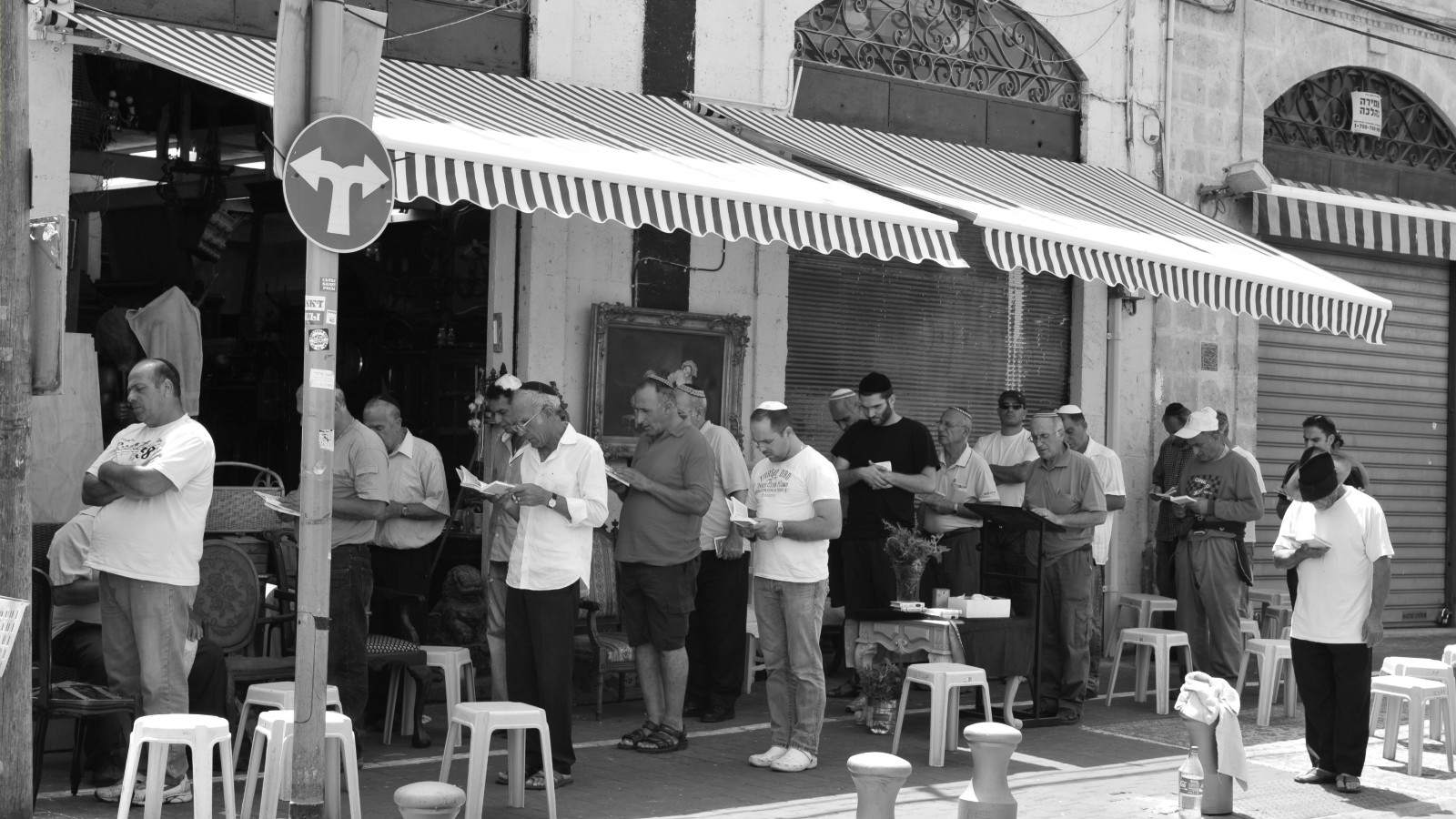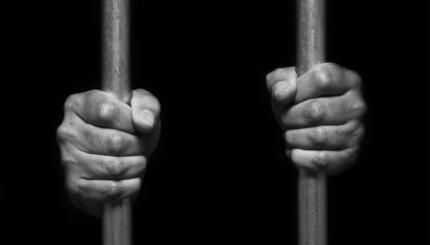When I lived in New York, I prayed daily at a large synagogue, but I found it to be a chore — an important and meaningful chore, but a chore nonetheless.
I consider praying in synagogue part of my obligation to God, who I believe commanded me to pray three times a day — preferably with a minyan, or prayer quorum, of nine other Jews. It wasn’t always easy. Sometimes it was cold out, sometimes hot. Other times I was tired or busy. I would push myself out of a sense that going to shul provided me a way to fulfill my religious obligation that was superior to praying alone at home.
But sometimes, for a variety of practical reasons, I prayed instead at a small synagogue closer to home. Unlike the large synagogue, which had multiple services all day and was teeming with worshippers, the smaller congregation needed help making a minyan. After a while I came to feel an obligation to my friends there — and especially the gabbai, a kindly man charged with ensuring the daily minyan — and so I would go nearly every weekday morning.
During this time my wife and I lost our first pregnancy. A routine ultrasound revealed that labor was beginning early and my wife was rushed into emergency surgery. The pregnancy lasted another three weeks until her water broke and a dead baby came out.
With your help, My Jewish Learning can provide endless opportunities for learning, connection and discovery.
I was furious at God. I felt betrayed, abused and alienated. Until then, my relationship with God had felt fairly straightforward, but now it was in tumult and I was not sure where things were headed between us.
Even more than my anger, I was exhausted. The trauma had left me depleted. For a month, my wife and I lay in bed ensconced in our own little world, the two of us bruised and battered. I avoided synagogue and all the other places I used to go and just huddled in hiding in our apartment.
After a month, I began to take slow, halting steps back into the world, but I still couldn’t bring myself back to shul. I had no interest in fulfilling my obligations to God in the optimal way. I would pray at home while surfing the internet, paying no attention to the words.
One day, as I was headed to the grocery store, I crossed a parking lot and saw the gabbai of the small synagogue near my house. He had no idea what had happened, but he had certainly noticed my absence for a month. He gave me a smile, which I returned, and said: “Do you think we’re going to get you back?”
The last two months flashed before me — the rage, the loss of grounding, the exhaustion, the uncertainty of it all. But I couldn’t let this good man down. “Yeah,” I said. “We had some health issues, but I’ll try to make it tomorrow.”
I didn’t make it tomorrow. But I did the next week. It would be a few more weeks before I became a regular again. I would still sit there every morning furious at God, refusing to engage or pray with much concentration. And when even that got too painful, I would just stop praying altogether. But I still went every day.
As I healed over the next few months, my fellow worshippers at that morning minyan were invaluable. None of them knew what I was going through, but every morning they reaffirmed that I was needed and valued, an integral part of their community, someone they couldn’t pray without. They depended on me and I couldn’t let them down, despite whatever turmoil and pain I was experiencing.
The members of that synagogue offered me a lifeline and they didn’t even know it. I refused to go to any of the larger synagogues for months, but every day I would go to that little shul, heal a little more, and prepare for the day when I could again confront God — older, sadder, maybe a bit wiser, but ready to engage again.
Each of us struggles to find a place in the world where we are needed, cherished and loved simply for being who we are. Judaism has enshrined that experience at the very heart of our prayer ritual. We cannot pray as a community without reaffirming that we need each other, that every single one of us is infinitely valuable. Only once we have done this can we property express ourselves to God. Sometimes it takes a group of strangers to remind us of this truth.
I often think about that conversation in the parking lot. At the time, it struck me as odd that the gabbai didn’t ask any questions about what had happened. He simply asked if I was coming to shul again. I suppose I could have been offended by his lack of concern, but the truth is few things helped me heal that year as much as that conversation.
The gabbai didn’t express himself as fully as he could have, but he told me something I needed to hear. In his own way he expressed that whatever difficulty had struck me, I was and continued to be needed. He and eight other people couldn’t start their day properly without me. He affirmed that I am cherished simply because I am, and he pledged to reiterate that fact every day if I came to shul.
So yes, they got me back at the minyan. But the greater gift was that I got myself back.
Rabbi Elisha Friedman was ordained at Yeshiva University and serves as the rabbi of Congregation Kesher Israel in Harrisburg, Pennsylvania.



